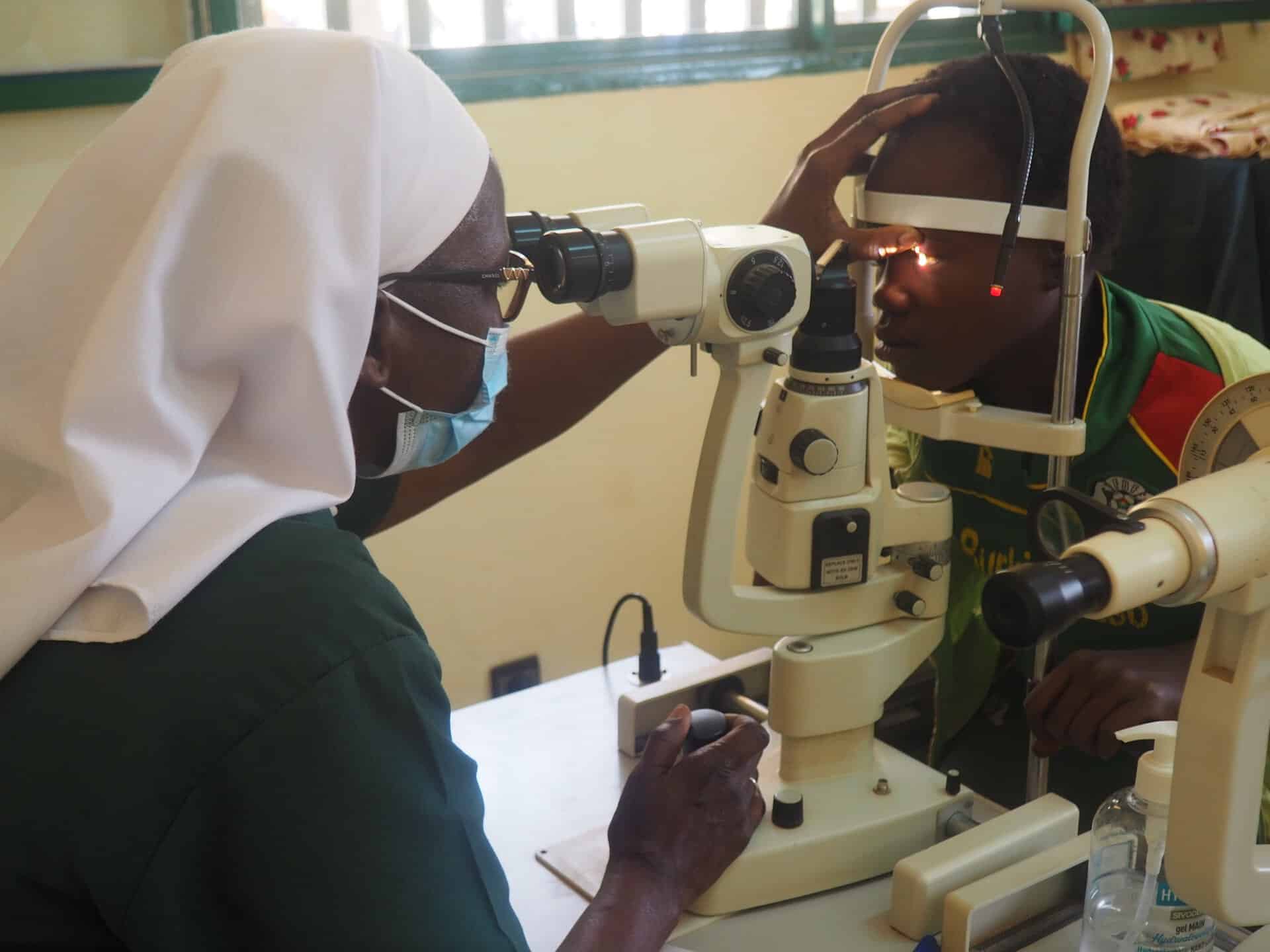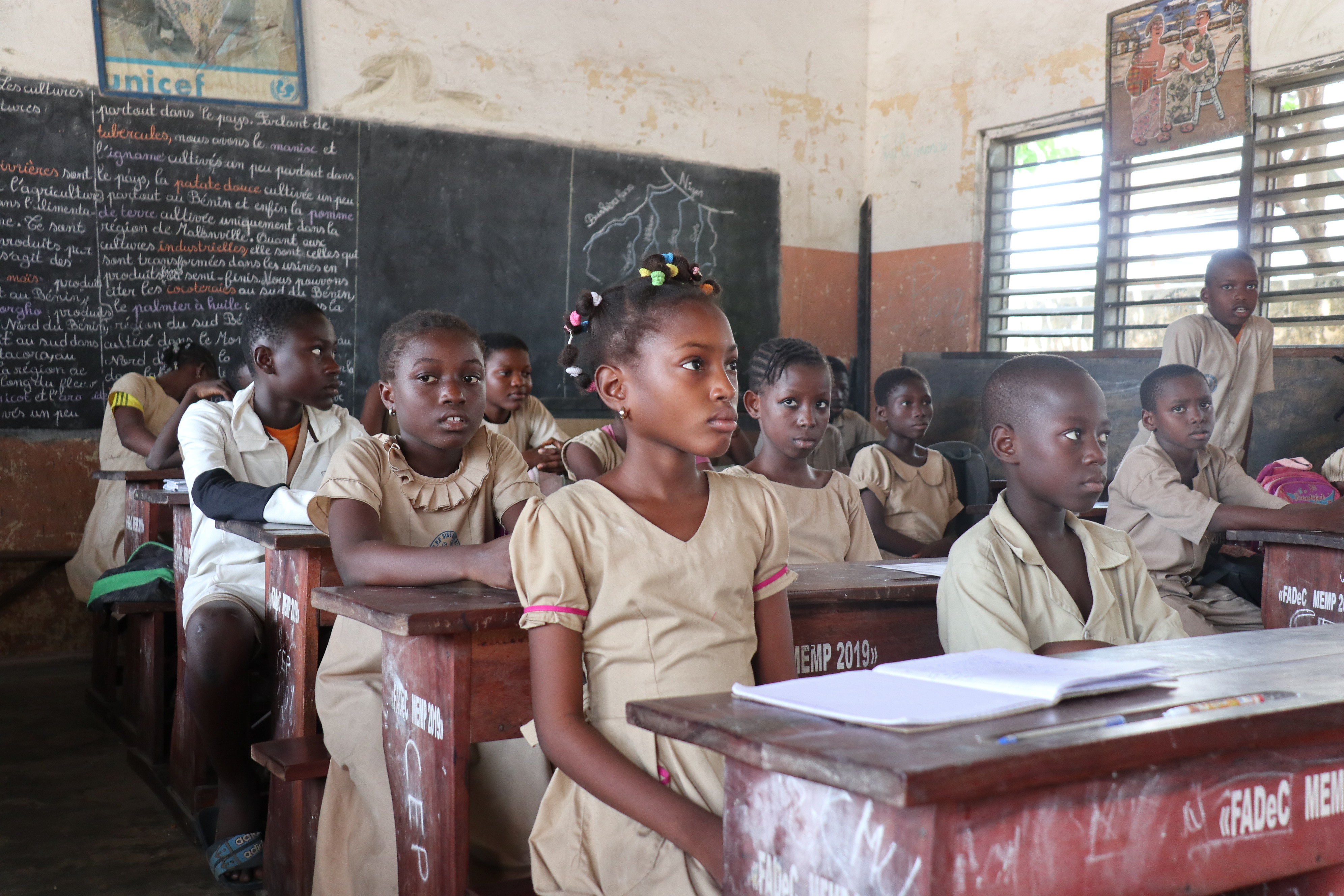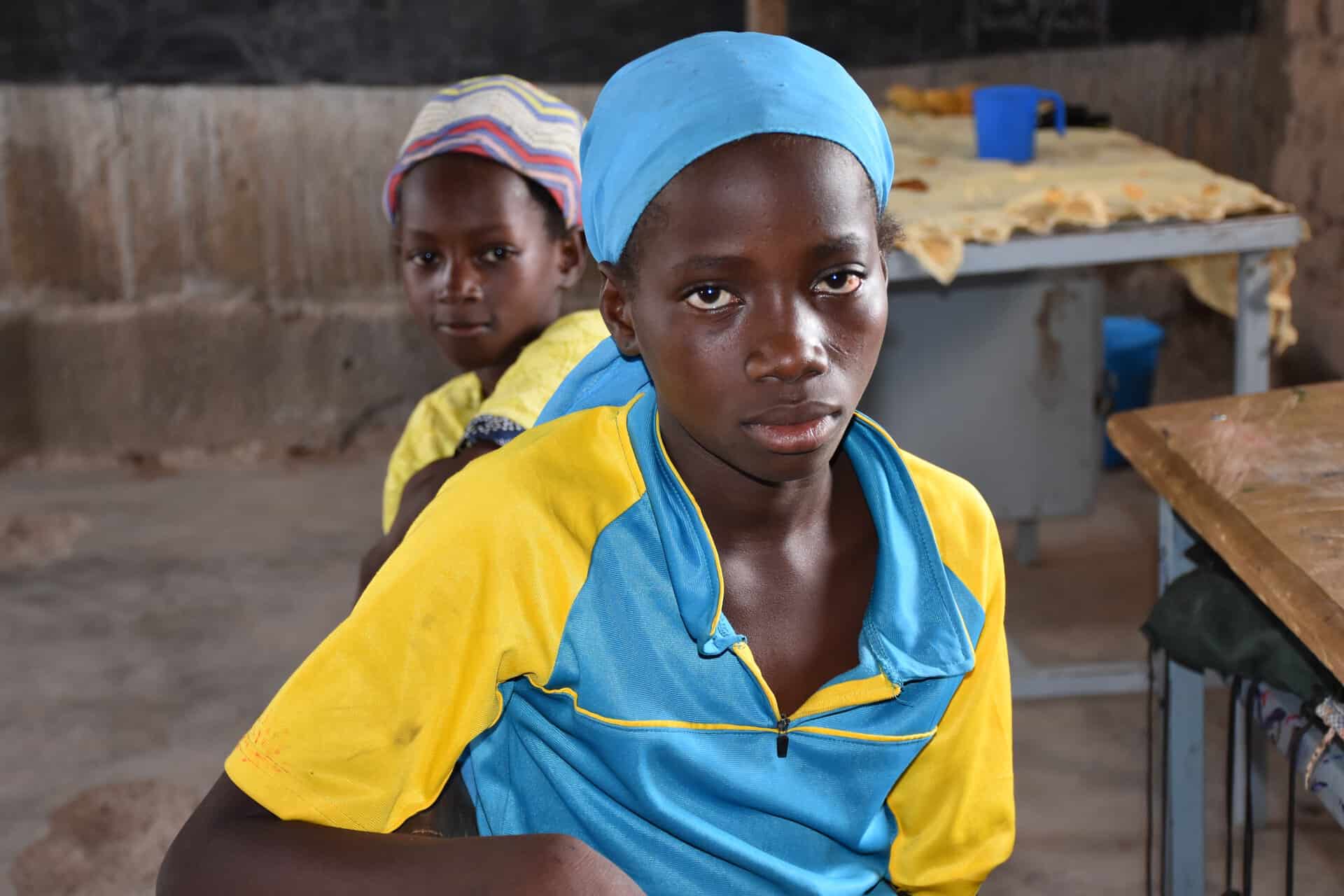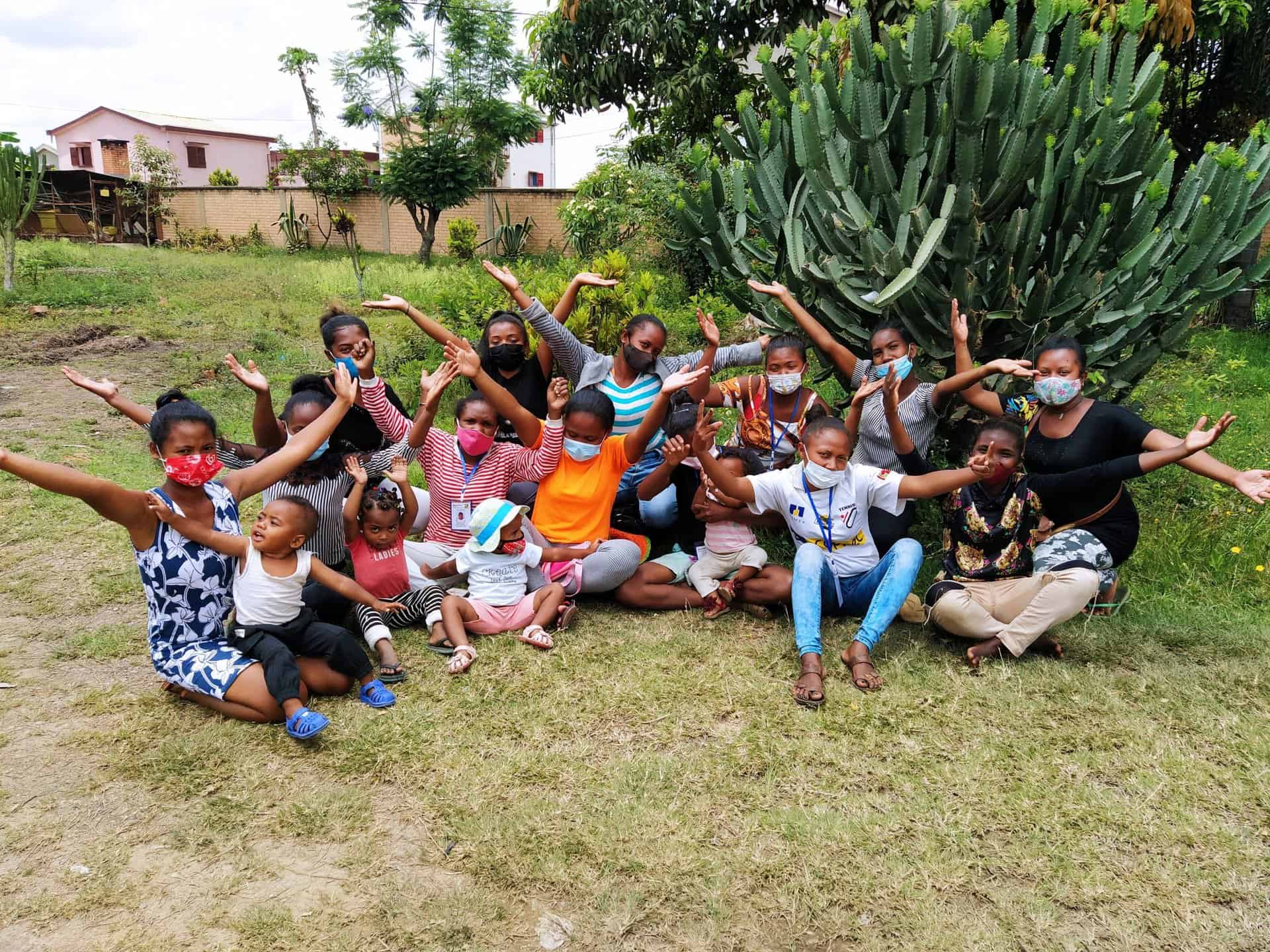International Women's Day: 2020 should have been a year to celebrate the rights gained for women over the past two decades. Instead, it will be remembered as the year that saw one of the biggest setbacks for human rights. The cause: the VIC-19 pandemic, which made women the first victims of the health, economic and social crisis.
Although gender equality has never been achieved by any countryHowever, the last two decades have seen significant improvements in women's rights, including better access to health care, education and the labour market. For example, over the past 25 yearsIn addition, the number of girls enrolled in primary and secondary school has fallen by 180 million, early pregnancies by one-third between 1995 and 2020, from 60 to 40 births per 1,000 women aged 15 to 19. And the share of women married before the age of 18 between the ages of 20 and 24 fell from 25% in 1995 to 20% between 2013 and 2019. However, the COVID-19 pandemic and the containment measures have seriously undermined these achievements and are now in danger of wiping them out.
Women's rights set back by the pandemic
The economic, social and political impacts of the crisis have had a violent impact on women and girls in all countries. Starting with employment. Working largely in the health sector, women (who account for 70% of health workers) were immediately more exposed to the virus and to work overload, resulting in additional physical and mental fatigue. In the global labour market, women are still most often employed in short-term, part-time jobs or even in the informal economy. In fact, the general confinement has made them immediately lose any source of income. A UN Women study estimates that by 2021, as a result of the job losses associated with COVID-19, more than 47 million women and girls have been forced to live on less than US$1.90 a day, bringing the number of women living in extreme poverty to 435 million. Without insurance or social protection, these women found themselves financially dependent on men, isolated at home or forced into prostitution to survive.
In this context of confinement and distancing measures, they have, in accordance with prevailing social and ideological norms, taken over all domestic tasks and childcare. With the closure of basic services, they have lost access to health care and family planning, leading to an increase in unwanted pregnancies and unsafe abortions, as well as to any assistance and support centre. The COVID-19 pandemic has undermined efforts to combat early marriage: more than 13 million of girls under the age of 18 could be forcibly married between 2020 and 2030. Periods of confinement have also been conducive to increased violence against women in almost all countries. The VIC-19 pandemic has thus revealed and reinforced pre-existing gender inequalities. If major steps are taken now, it could nevertheless be a unique opportunity to rebuild a more just and sustainable world.
Education as a key to women's rights
For Aide et Action, the VCT-19 pandemic is a unique opportunity to transform society in a sustainable way, especially through the education of girls and women. Ensuring girls' access to education is a unique key to avoid the loss of gains and to increase women's access to all their rights. School is not only a place to learn life skills or know-how to get a better job, it also guarantees girls' access to food, care, listening and assistance; they learn their rights as well as how to exercise their citizenship and critical thinking, thus becoming real agents of change.
Major investments and innovative initiatives
In this post-crisis context, which is particularly alarming for women's rights, the priority is therefore to ensure that all schools reopen in acceptable sanitary conditions (which implies the construction of latrines for girls and boys in each school and access to drinking water), to distribute scholarships to the poorest families in order to prevent girls from being withdrawn from school, to set up support courses so that girls can catch up on the backlog accumulated over the last few months and to ensure that they have access to the digital tools that they are currently largely deprived of. These objectives will of course be unattainable without adequate funding. At present, however, women's and girls' rights remain largely under-funded, as does the education sector, which has received only 0.78% funding dedicated to the post-crisis situation. Two major events with a priority for girls' education are expected in 2021, namely the Generation Equality Forum in June and the G7 summit under the UK Presidency in July. They must be the scene of major investments and the development of innovative and multisectoral initiatives to make women's rights a reality here and now. Waiting is no longer an option.






